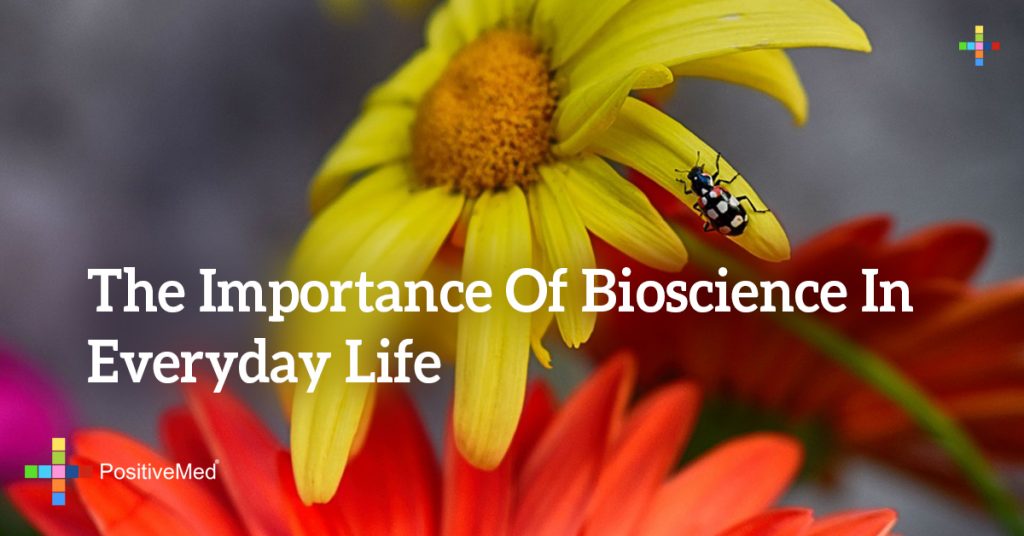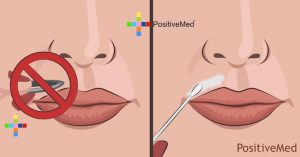
The Importance of Bioscience in Everyday Life
Bioscience, also called biology and life science, is the study of living organisms, from a microorganism to a blue whale. The study and application of bioscience affect almost every aspect of life from health to agriculture and food to industry and energy. It is at the heart of many innovations that result in products to cure diseases, create new fuels and ensure that people on Earth have safe and abundant food and water. Entrepreneurs and scientists like Bruce Eaton work with commercial applications of bioscience for pharmaceuticals, agrochemicals, and diagnostics.

The Complex World of Bioscience
Humans have been practicing bioscience to better their lives for centuries. When humans first started selectively breeding plants for larger and more consistent crops, and when they started domesticating animals, they were practicing bioscience. Today, bioscientists study the nature of living organisms, their evolution, history, and behavior. Some scientists spend time in a laboratory and some spend more time in the field studying wild animals.
Some, but not all of the topics studied by bioscientists are:
Biomedical engineering uses traditional engineering principles to analyze issues and solve the problems that are seen in medicine and biology. Some of the areas in which biomedical engineering may be useful are designing software, instruments, and devices, combining knowledge from several technical sources to develop new procedures and research aimed at solving clinical problems. For example, bioinformatics uses computer tools to collect and analyze data related to biology and medicine, and biomaterials include using living and artificial materials for implantations.
Biochemistry studies the chemical reactions that are the basis of the life processes as well as the substances that are found in living organisms. Its aim is to understand the behavior and structure of biomolecules. It is a molecular science considered part of biology and chemistry. Each cell carries out many activities such as communicating with other cells, making and using energy and much more. These processes are called metabolism and are essential for the maintenance of life.
Biodiversity includes all of the more than 10 million different species that live on Earth. Studying and understanding the life forms and their habitats is the basis for many things including medical research and food production. All of the domesticated animals and plants came from wild origins. Many people still use wild species for their shelter, clothing and food. Humans use about 40,000 species of animals and plants every day.
Cell biology is the study of living cells. It examines cells physiological properties and their interactions including the life cycle, division, and death on a molecular and microscopic level. This study includes single-cell organisms such as bacteria and multicellular organisms such as plants and animals. One of the most important aspects of cell biology is the comparison of cell types because the principles learned from one type of cell can be generalized to other types.
RELATED ARTICLE: 7 Signs Your Gut Bacteria Needs Your Immediate Attention
Bioscience also includes the study of the relationship plants and animals have to their physical and biological environment. The biological environment includes other organisms of the same kind as well as different kinds. The physical environment includes light and heat, water, oxygen, carbon dioxide, nutrients and more. Ecology is a relatively new bioscience gaining popularity in the 19th century. The primary principle in this field is that every living organism has an ongoing relationship with every element that makes up its environment.
Forensic science uses a wide selection of sciences to help solve crimes, and bioscience is a big part of this. The medical examiner or coroner uses many aspects of biology to determine the time, place and cause of death. The examiner may study the victim’s teeth, debris and insects attached to the body and biological trace elements, fingerprints, tire tracks, shoe prints, DNA and more.
Food science uses biology as well as chemistry, engineering and nutrition to process, preserve and package food so that it remains wholesome, desirable and safe. Food science is an applied science using knowledge from several scientific fields to solve problems related to food. Food scientists require knowledge in physic, microbiology, and chemistry as well as knowledge in engineering in order to understand processing and packaging methods.
Deoxyribonucleic acid (DNA) is found in every living cell from bacteria to blue whales. Genetics is the study of the behavior and function of genes made up of DNA. These genes determine the organism’s characteristics. Geneticists study the information in genes, how it is used and transferred from one generation to the nest. This includes how genes can disturb the organism’s development and cause disease.
The immune system protects organisms from attacks by viruses, fungi, bacteria, parasites and other pathogens that invade their systems. Immunology is the study of the immune system, which is made up of a complicated network of tissue, cells, and organs that communicate with each other. The study of immune systems includes the study of genetics, diseases, the molecules secreted by cells that control the immune system and specific cells and the antibodies they produce.
The study of living organisms affects every aspect of human life. Bioscience is at the core of many different scientific discoveries that improve healthcare, agriculture and energy use. The bioscientists who work in laboratories and in the wild are helping make Earth a safe place to live.
Disclosure Policy:
This blog is a collaborative blog written by a group of individuals. This blog accepts forms of cash advertising, sponsorship, paid insertions or other forms of compensation. The compensation received may influence the advertising content, topics or posts made in this blog. That content, advertising space or post may not always be identified as paid or sponsored content. The owner(s) of this blog is compensated to provide opinion on products, services, websites and various other topics. Even though the owner(s) of this blog receives compensation for our posts or advertisements, we always give our honest opinions, findings, beliefs, or experiences on those topics or products. The views and opinions expressed on this blog are purely the bloggers’ own. Any product claim, statistic, quote or other representation about a product or service should be verified with the manufacturer, provider or party in question. This blog does contain content which might present a conflict of interest. This content will always be identified.





